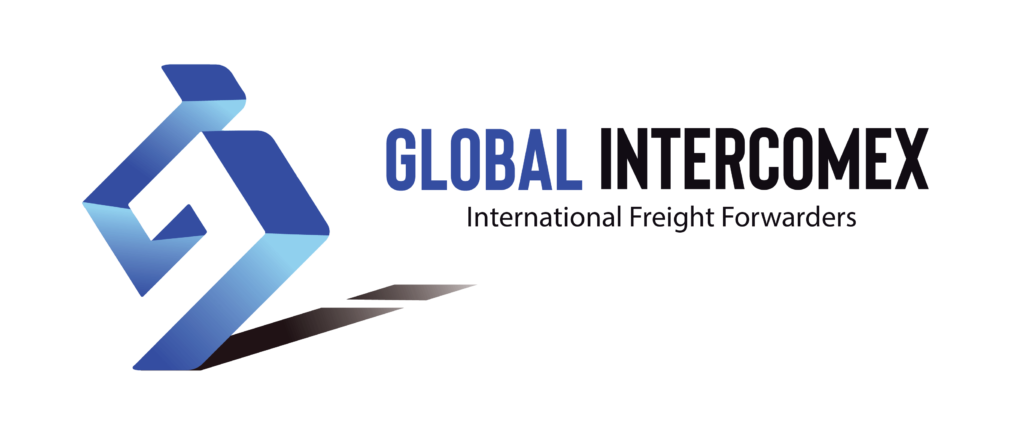Frequently asked questions (FAQ)
Without being the main actor of a business, a Freight Forwarder is who provides different types of international transportation services, depending on the kind of goods, urgency, and destination of the freight.
Its main function is:
- Organize commercial and financial documentation.
- Negotiate transport contracts with the lowest bidder.
- Monitoring each movement of the commissioned freight.
- Supervise the transportation, customs clearance, and potential port inspections.
- Organize the proper cargo storage in transit warehouses.
- Book cargo space with the shipping line or airlines.
- Have an in-depth knowledge of the cargo movements to keep the exporter or importer informed.
FCL (Full Container Load) and LCL (Less than Container Load), are two modes of maritime cargo transportation, the primary difference is the level of exclusivity the customer has over the container.
Shipment of FCL cargo, provides exclusive utilization of the entire container space, ideally used for transporting large volumes of cargo.
Shipping LCL cargo, involves sharing container space with cargo from one or more importers. It’s a service where you purchase space within a container, making it ideal for moving small loads at a lower transportation cost.
Incoterms (International Commercial Terms) are terms of voluntary international agreements that regulate the conditions of goods delivery and are used to establish which of the parties assumes the costs of international commercial transactions, defining the responsibilities between the buyer and the seller.
INCOTERMS regulate the following aspects:
- Goods delivery.
- The transfer of risk.
- The distribution of expenses.
- Customs document processing.
The most used INCOTERMS are:
- FOB: (Free on board, named port of shipment) The seller assumes the costs and riks until the delivery of the cargo at the agreed port of origin.
- EXW: (Ex Works) The buyer assumes the costs and risks of the cargo, from origin to destination, being responsible for picking up the cargo from the seller’s premises.
- CIF: (Cost, Insurance and Freight; named port of destination) The seller assumes the costs and risks of the cargo from origin to the agreed port of destination. This alternative does not allow the buyer to have control over the expenses at the destination.
The Certificate of Origin is a document generated by an authorized entity that certifies that the exporter complies with the regulations required in trade agreements.
The certificate of origin allows the importer to take advantage of the tariff benefits established on the various trade agreements between countries.
Customs inspections is a random operation carried out by customs, consisting of the physical and documental examination of a shipment, this operation is conducted by specialized customs personnel, who have the legal faculty to review and verify that everything is properly declared and meets the legal conditions for the cargo enter into the country.
Other state organisms may be involved on an appraisal, such as police, agricultural entities, and so on. These institutions ensure compliance with the laws specific to each country, guaranteeing that the legal requirements of the importation are met.
Import regulations vary from one country to another, so each country regulates imports according to its own rules. However, in general terms, the regulated products that require authorization include the following:
- Products regulated for human consumption, including food, pharmaceuticals, medical products, and cosmetics.
- Products regulated for safety and environment, including chemicals, weapons, ammunition, and more.
- Products of plant and animal origin, such as those made from unprocessed wood, animal products that include bone meal, etc. When importing any products from these origins, it is essential to check the restrictions and obtain the necessary authorization from the applicable agricultural authorities.
- Products with commercial customs restrictions with import quotas, such as antique vehicles, cultural goods like art and antiques, restricted technology, and strategic products.
Feel free to consult with your Forwarder about any possible restrictions that may apply to your importation.

 Deutsch
Deutsch Español
Español
